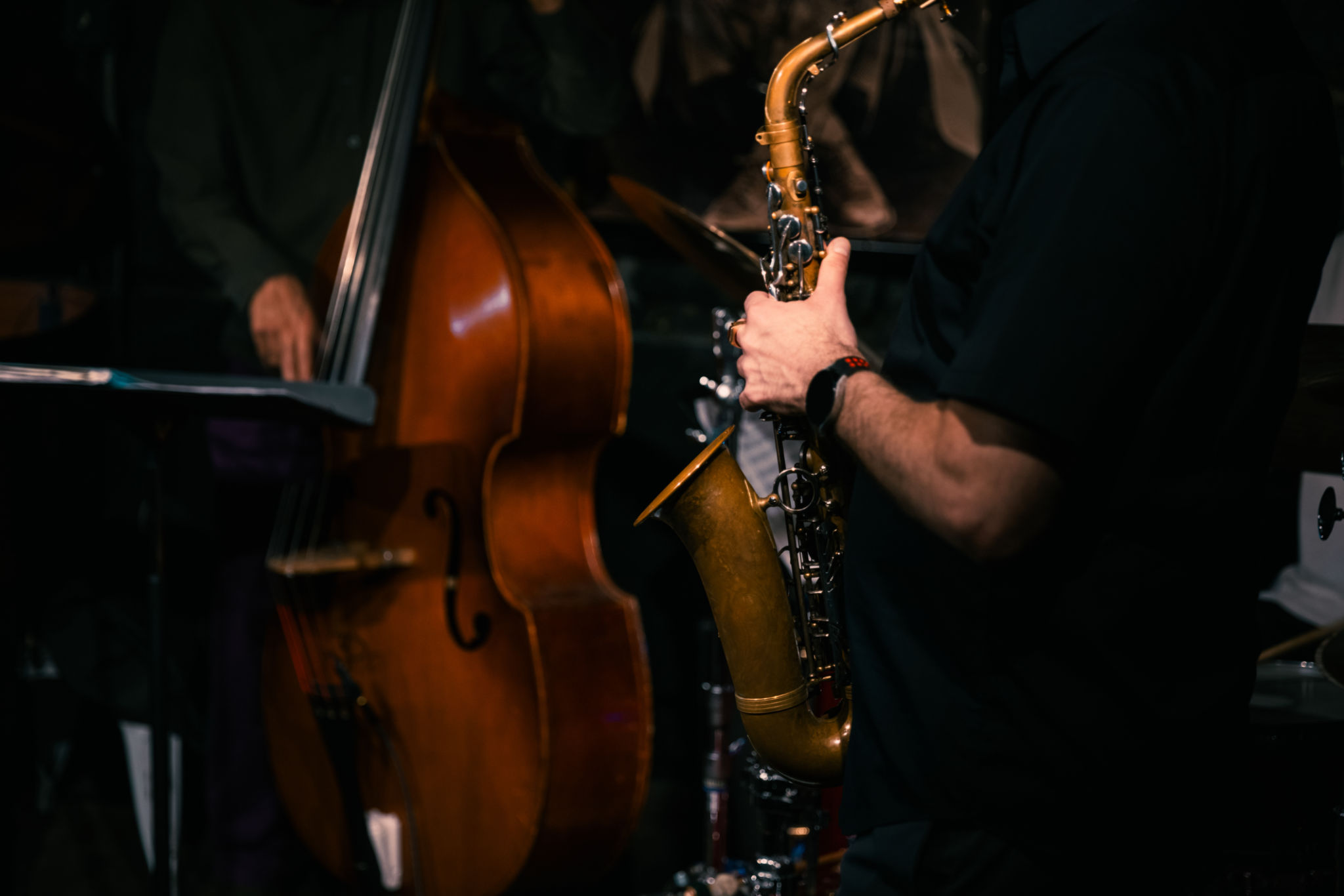Expert Insights: How to Enhance Your Jazz Improvisation Skills
Understanding the Basics of Jazz Improvisation
Jazz improvisation is often seen as a daunting skill to master, but with the right guidance and practice, anyone can enhance their improvisation abilities. The essence of jazz lies in its spontaneity and the ability to express oneself through music on the fly. This requires not only technical skills but also a deep understanding of music theory and a rich palette of emotional expressions.

One of the first steps in improving your jazz improvisation skills is to become familiar with the fundamental scales and chord progressions. The major and minor scales are essential, but jazz musicians also rely heavily on modes like the Dorian, Mixolydian, and Lydian. Practicing these scales in various keys can provide you with the tools needed to navigate through different musical landscapes.
Listening and Analyzing Jazz Legends
To truly excel in jazz improvisation, it's crucial to immerse yourself in the genre by listening to and analyzing the works of jazz legends. Artists like Charlie Parker, Miles Davis, and John Coltrane offer a wealth of knowledge through their recordings. Pay close attention to how they construct solos, the phrasing they use, and the way they interact with other musicians.

Transcribing solos from jazz greats can be incredibly beneficial. By writing down and learning their solos, you gain insight into their thought processes and develop a deeper understanding of jazz language. This practice helps in building your own vocabulary, which you can then incorporate into your improvisations.
Developing Your Ear
A well-developed ear is invaluable for jazz improvisation. Being able to recognize intervals, chords, and progressions by ear allows you to react quickly and adapt during performances. Ear training exercises, such as identifying intervals or playing back melodies, should be a regular part of your practice routine.

Additionally, playing along with recordings can improve your ear and timing. As you play with different recordings, try to match the style, feel, and nuances of the music. This not only enhances your listening skills but also helps you develop a sense of timing and rhythm that is essential for live performances.
Incorporating New Techniques
As you progress, begin incorporating advanced techniques such as chromaticism, altered scales, and rhythmic displacement into your improvisation. These elements add complexity and intrigue to your solos, making them more engaging for both the performer and the audience.
Experimenting with different techniques allows you to discover your unique voice within jazz. Don’t be afraid to take risks and explore new sounds; improvisation is about expressing yourself freely and authentically.
Practicing with Purpose
Finally, practice is key to enhancing your jazz improvisation skills. Set specific goals for each practice session to ensure you are making progress. Focus on areas that challenge you, whether it’s mastering a new scale or perfecting a complex rhythm.
Consistency is crucial; regular practice helps reinforce what you've learned and keeps your skills sharp. Remember that improvement takes time and patience, so celebrate small victories along the way.
